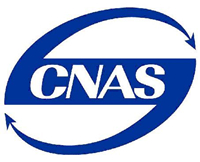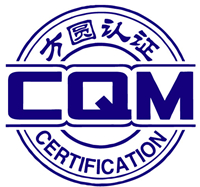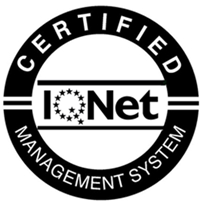

News
News detail
Discussion on patenting enzyme sequences
Source:
|
Author:enzymeworks
|
Published time: 2017-12-12
|
580 Views
|
Share:
In principle the sequence of an enzyme should not be patented to cover its use for making all products, for example a ketone reductase can be used to make all kinds of alcohols or a transaminase can be used to make all amines. Enzymes are highly specific and usually only work for a very narrow range of substrates. It’s even more unreasonable to file a patent with a claim saying that others cannot use enzymes with similar sequences for example with over 90% sequence homology. First of all, many within that sequence similarity are wild type enzymes and it is fine to use those with no IP issues. Secondly, 90% sequence homology covers a giant sequence space (centillions), and >99% of them are inactive enzymes with no real values, and thus the claim is invalid under patent laws.
Regardless, one should be careful in using an enzyme whose sequence is patented even though you may use it for a different chemical product or evolve it to develop a more efficient enzyme. Special attention should be paid to patent notices on the package or labels of an enzyme or enzyme kit. It may become a legal trap for willful patent infringement as happened in some recent cases in the industry.
Discussion on patenting enzyme sequences
Regardless, one should be careful in using an enzyme whose sequence is patented even though you may use it for a different chemical product or evolve it to develop a more efficient enzyme. Special attention should be paid to patent notices on the package or labels of an enzyme or enzyme kit. It may become a legal trap for willful patent infringement as happened in some recent cases in the industry.
Discussion on patenting enzyme sequences



ISO 9001:2008 certified
COPYRIGHT © 2014 EnzymeWorks, Inc. ALL RIGHTS RESERVED